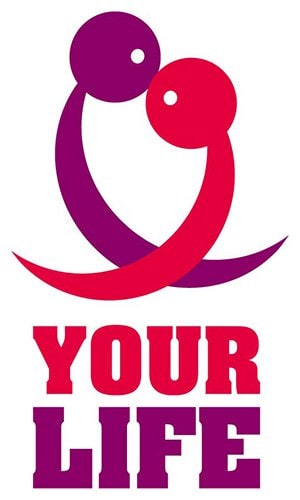MOST ASKED QUESTIONS ABOUT FEMALE HORMONES
There is still an old-fashioned opinion floating around that long-term users of hormonal contraceptives should take a regular break from use for a few months to allow the body to "recover" from the hormones contained in it. This is why some women still come off hormonal contraceptives for several weeks or months at a time. We now know that there is no reason to take a break from taking hormones, and it may even be harmful.
Taking breaks like this does not improve your ability to conceive either: the length of time for which you take hormones has no influence on that.
Hormonal methods are a definite option while you are breastfeeding, but not all of them are appropriate: products containing estrogens should not be used because this hormone can have an effect on milk production. Progestin on the other hand, is an option - especially those with "local" effects such as hormonal intrauterine systems (IUS). The volume and composition of breast milk are not affected. Three-monthly injections, progestin-only pills and hormonal implants are other contraceptive options for women who are breastfeeding. Ask your doctor or healthcare provider for further information.
If you are regularly taking the pills, you are very unlikely to be pregnant. The pill is highly effective. If your period does not come, it does not necessarily mean that you are pregnant as long as you did take it as directed. It could be that the lining of your womb has not built up very much and is therefore not being expelled. If menstruation does not come for more than two months in a row talk to your doctor or healthcare provider before you start taking the new strip.















